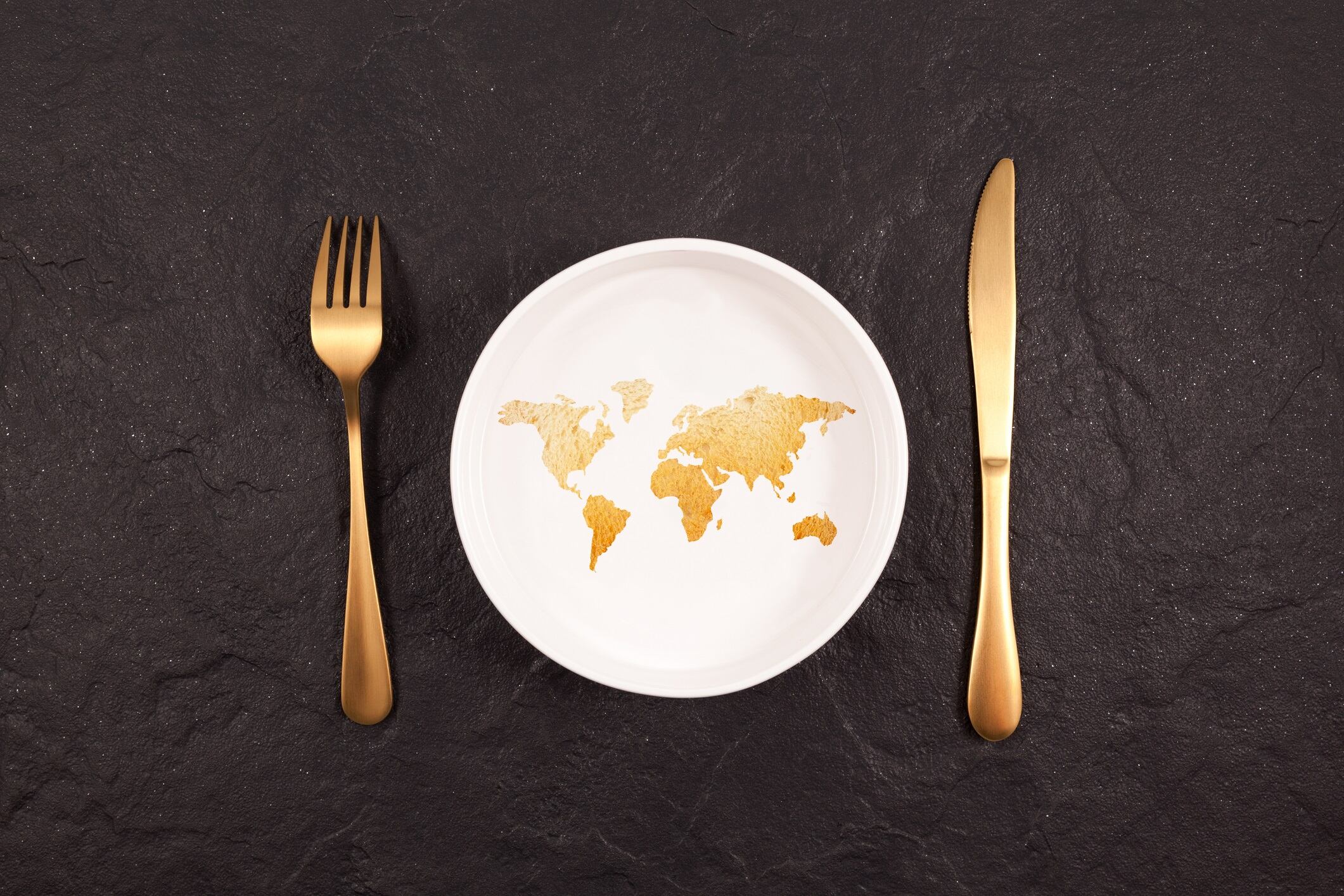From Russia’s invasion of Ukraine spiking energy prices, to Trump’s trade war disrupting supply chains, geopolitical unrest is threatening food and beverage production across the globe.
And these are just the threats we know about.
“What is more concerning perhaps is potential and probable disruptions that have not yet fully unfolded, such as conflict in Taiwan,” says Georg Glaser, partner specialising in supply chain resilience at consultancy firm Arthur D Little (ADL).
And while most companies have established contingency plans to handle supply and price shifts, it’s hard for food and beverage manufacturers to be fully prepared for the current and growing level of uncertainty, and speed of change.
“Supply chains are run with relatively small margins for error, and adjusting takes time, especially where there are practical implications for quality, food safety and regulatory compliance for topics like allergen management and labelling,” says Simon Norman, principal for consumer goods at ADL.
So, what is the food and beverage industry doing to protect itself, and what more can be done?
How is F&B protecting against geopolitical unrest?
Food and beverage manufacturers are not blind to the dangers the industry faces and have been taking steps to mitigate negative impacts.
Re-localisation of supply chains
Following decades of importing from across the globe, some manufacturers are now focussing on re-localisation of supply chains, ensuring ingredients are readily available. Though this does create seasonality challenges and increase costs.
Improving recipe management
Manufactures are also reformulating where possible, substituting some ingredients with those more easily and reliably accessible.
“This involves a fundamental understanding of individual ingredients so that substitutions can be made without affecting the taste, functionality or nutritional content of products,” says Phil Webster, partner specialising in consumer goods at ADL. “It also includes the modularisation of recipes wherever possible, such that economies of scale can be achieved.”
Risk-based supplier development
Historically, food and beverage manufacturers assessed suppliers on the basis of cost and the quality of the ingredient itself. But assessment has become much more nuanced, with considerations around supply base resilience and geographical location taken into account.

What more can be done?
While positive steps have been taken to protect the industry, it remains incredibly vulnerable to geopolitical uncertainty. So, what more can manufacturers do to safeguard themselves?
Supply chain vulnerability assessment
Manufacturers must carry out full supply-chain risk assessments to understand where their weaknesses are - it will vary from business to business - and contingency plans can then be developed.
“Many businesses will have done this already, but there are some clear ‘no regret moves’ regarding an appraisal of the vulnerability of supply chains and subsequent contingency planning,” says ADL’s Glaser.
Predicting the future
Most major corporations currently use scenario-based approaches to assist in long-term strategic planning and decision-making. This is no longer sufficient.
Many of the most serious disruptions have and are a result of deliberate, strategic actions made by a particular party, such as a government of a country. Manufacturers must therefore model the potential impacts of actions by key countries in order to prepare a response.
Data sharing
Industry experts are keen to see improvements in the way companies share vital supply-chain data.
“I would encourage manufacturers to make data-driven decisions linking foresight over commodity price fluctuations and trade issues to deep, proprietary insights about ingredient substitutions and their implications for recipes,” says ADL’s Webster.
These insights can then be shared between different departments, with suppliers, and potentially even with competitors to build greater industry resilience.
Investing in ingredients
Manufacturers are being advised to invest in ingredient production to help support supply. And some have already started.
Dairy co-operative Arla is experimenting with feed additives to lower climate impact, PepsiCo has established potato-breeding initiatives to support its crisp product lines, and chocolate producers such as Mondelēz International are experimenting with precision fermentation to synthesise cocoa in the face of skyrocketing cocoa prices.

More help needed
But industry can’t protect food production alone, and experts are urging governments to increase their support.
“I’d like to see more investment in the base sciences of agriculture that underpin improved productivity and resilience,” says ADL’s Norman. “Whether that means enhanced funding for genetics and crop breeding programmes to help with nutrition, drought resistance, or investment in open-access facilities to help novel startups scale more effectively. And of course, that should go hand in hand with state support for farmers and ensuring the various subsidy programmes incentivise the right behaviours.”
Industry advisors are also keen to see the European Union legislate for supply chain risk transparency and associated contingency plans.
Global Food-Tech Awards
Entries for the Global Food-Tech Awards Now Open.


